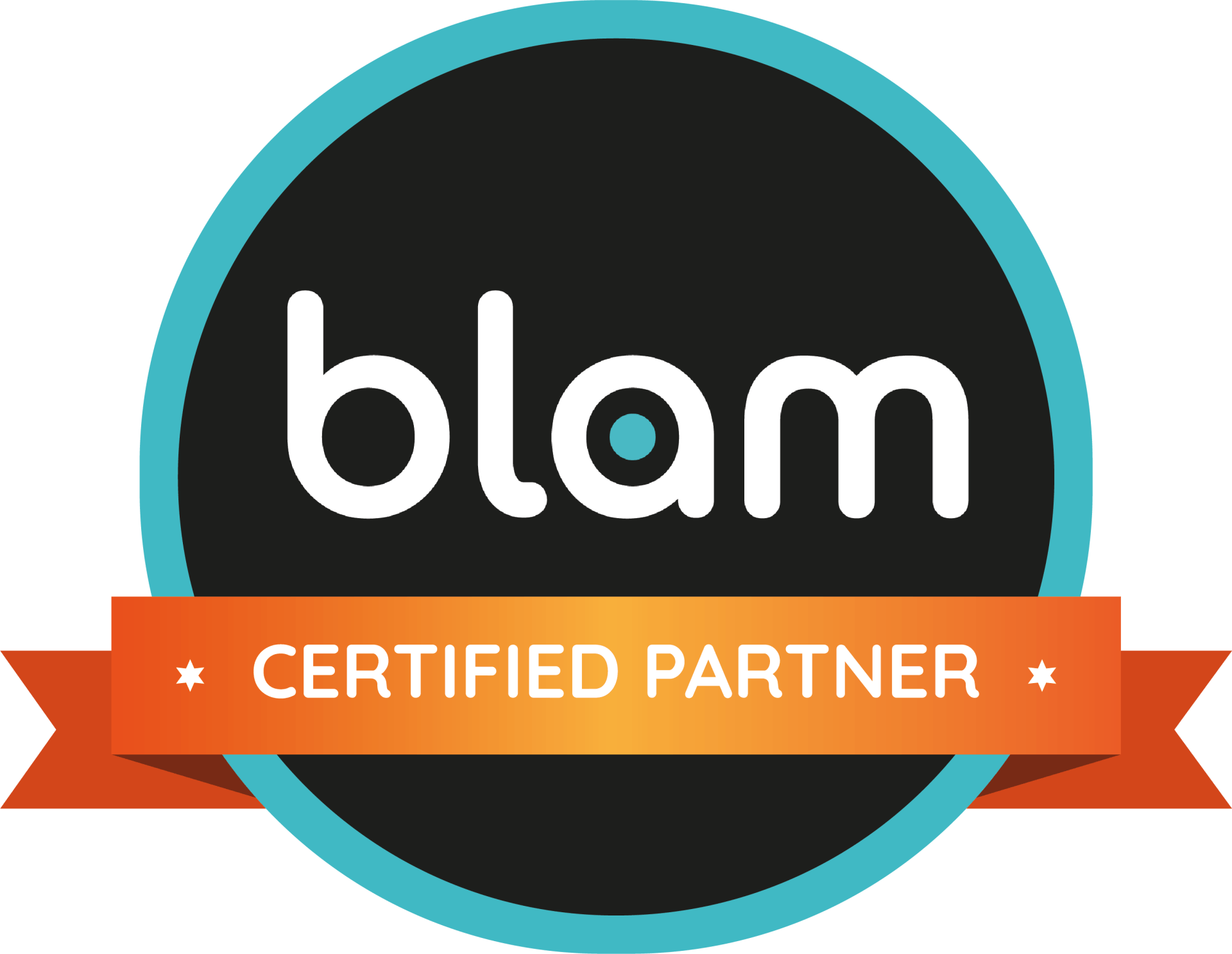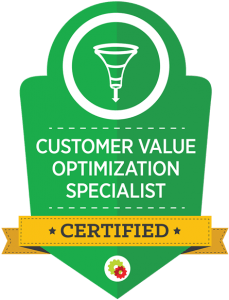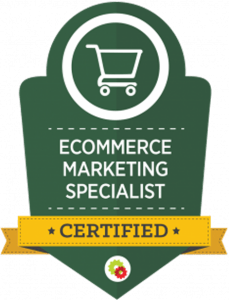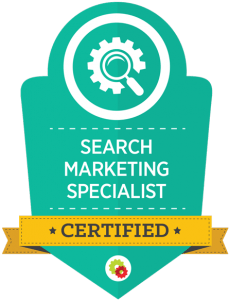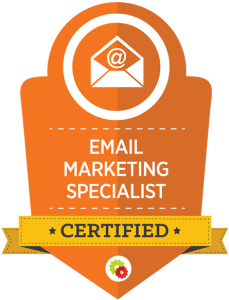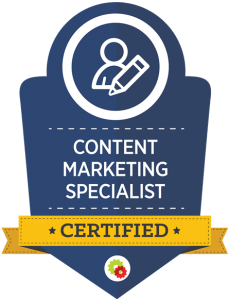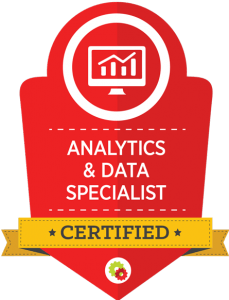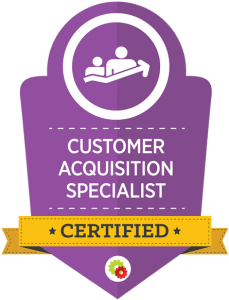Your Customers Are Using AI To Find Better Deals Than You're Offering
I asked ChatGPT to help me find project management software last week.
Not because I couldn't Google it myself. Because I'm lazy. And because typing "I need project management software for a 3-person agency that integrates with WordPress and costs under R500/month" gets me better results in 30 seconds than an hour of clicking through listicles written by people who've never managed a project in their lives.
Then I realized something uncomfortable.
If I'm doing this for software I'm about to spend money on, my customers are doing the same thing. For everything. Including whatever product or service I'm selling them.
According to recent research, 81% of South Africans are using ChatGPT or similar AI tools. That's higher than the United States (46%), the UK (44%), and France (41%). We're not just adopting AI. We're leading the world in it.
And most businesses have absolutely no idea this is happening.
The Thing Nobody's Talking About
Here's what that 81% actually means in practice.
Your customers are asking ChatGPT where to find the cheapest version of what you sell. They're asking Perplexity (which does a surprisingly good job at this) to compare your prices to your competitors. They're using AI to research products, read reviews, identify alternatives, and find deals before they ever click on your website.
I've used Perplexity for exactly this. Software comparisons, product research, finding tools that do specific things. The AI doesn't just give me a list. It synthesizes reviews, compares features, highlights pros and cons, and often tells me about options I'd never have found on my own.
And here's the uncomfortable part: the AI is often better at explaining the differences between products than the companies selling them.
When I ask, "What's the difference between Asana and ClickUp for a small agency?" I get a clear, unbiased comparison. When I visit the Asana website, I get marketing copy about "empowering teams" and "driving results." One is useful. The other is noise.
If your product pages, your pricing, your value proposition can't survive being summarized by an AI and compared side-by-side with competitors, you've got a problem.
What's Actually Happening Right Now
Let me paint the picture of where South African retail actually is with AI in late 2025.
Big retailers are going all-in.
Shoprite and Checkers are introducing smart trolleys with AI. The Foschini Group deployed an AI shopping assistant on their Bash platform and saw 39.8% higher revenue per visit during Black Friday 2024. Pick n Pay's AI-powered app features (AI Search, AI Alternatives, AI Personalization) drove 60.6% year-on-year online sales growth.
These aren't pilot programmes. These are deployed, revenue-generating AI implementations handling millions of transactions.
Consumers have AI in their pockets.
Eighty-one percent adoption. That's not early adopters. That's mainstream. Your customers are using free ChatGPT or paying R149/month for ChatGPT Go. PriceCheck launched an AI agent that monitors prices and sends personalized deal alerts. Perplexity is working on Amazon shopping integration. ChatGPT is exploring shopping connectors.
The AI isn't coming. It's here. And it's in your customer's pocket right now.
SMEs are stuck in the middle.
Most small businesses aren't using AI at all. According to the data, 55.74% of SMEs haven't implemented any AI tools yet. Not because they can't afford it. Because they don't know where to start, or they're overwhelmed by options, or they're afraid of getting it wrong.
Meanwhile, their customers are using AI to find better deals, and their larger competitors are using AI to offer those deals more efficiently.
That's not a sustainable position.
The Real Barrier Isn't What You Think
I've had this conversation with enough business owners to know what the objection sounds like.
"AI is expensive." "We don't have a data science team." "That's for big companies with budgets."
Not true at all!
ChatGPT is free. The paid version is R149/month. Claude is free. Perplexity is free. Google's Gemini is free. The tools exist, they're accessible, and they cost less than your monthly coffee budget.
I get it. There are approximately 47,000 AI tools claiming they'll transform your business. Every LinkedIn post is someone shouting about the next AI thing you're supposedly missing out on. The noise is overwhelming.
So you do nothing. Which means your competitors who figure it out will eat your lunch.
Here's what I've learned from working with businesses trying to navigate this: the ones who fail are either the ones who do nothing (waiting for clarity that never comes) or the ones who try to do everything (signing up for every tool they see mentioned).
The ones who succeed start small, start specific, and start with problems they actually have.
The Warning Signs You're Missing This
You might be behind on this shift if:
Your website is optimized for humans, not AI. If an AI can't easily extract your pricing, your product details, your location, your hours from your website, you're invisible to the 81% of consumers using AI to research before they buy. I've seen beautifully designed websites that are completely opaque to AI because all the information is in images or buried in PDFs.
You're still writing product descriptions like it's 2015. Vague marketing copy about "premium quality" and "exceptional service" means nothing to an AI trying to compare your product to a competitor's. Specific, factual, structured information wins. "Delivers within Johannesburg in 24-48 hours, R150 flat shipping fee" beats "Fast, reliable delivery across South Africa" every single time.
You don't know what customers are asking AI about your category. Open ChatGPT right now and ask, "Where can I buy [your product category] in [your city]?" See what it tells people. If your business doesn't come up, or if the information is wrong, you've just discovered why your phone isn't ringing.
You're competing on brand when customers are comparing on facts. The AI doesn't care about your logo or your heritage story. It cares about price, availability, specifications, and reviews. If you can't win on facts, you can't win with AI-enabled consumers.
You think this is a future problem. It's not. It's happening now. The customers who walked into your shop yesterday probably used AI to decide whether to walk in. The ones who didn't show up might have used AI and chose your competitor instead.
Here's The Opportunity (And It's Bigger Than You Think)
The counterintuitive insight from the research: small businesses will probably adopt AI faster than big corporations over the next 12-24 months.
Not because small businesses are more innovative. Because they have fewer layers of bureaucracy to navigate.
When I want to test an AI tool for DiginamiX, I sign up and test it. No procurement process. No IT approval. No six-month pilot programme with steering committees and stakeholder alignment sessions.
I just do it.
Big corporations have processes. Approval chains. Compliance requirements. Risk committees. By the time they've agreed to pilot an AI tool, three better tools have launched and the market has moved on.
You can move faster. That's your advantage. Use it.
Here's how to start without getting overwhelmed:
Pick ONE thing you hate doing. Not the most important thing. Not the thing with the biggest ROI. The thing that makes you want to stab yourself in the eye every time you do it. Writing social media captions? Answering the same customer questions over and over? Researching competitors? Start there.
Use AI to do that ONE thing for two weeks. Not perfectly. Not optimally. Just use it. Ask ChatGPT to write your social media posts. Ask Claude to draft email responses to common questions. Ask Perplexity to research your competitors. See what happens.
Measure whether it saved you time or made things worse. If it saved time, keep doing it. If it made things worse, try a different tool or a different task. This isn't a marriage. You can break up with an AI tool any time.
Then pick the NEXT thing. Not ten things. One thing. Then another. Then another. That's how you build capability without drowning in complexity.
The Specific Ways Your Business Can Start Today
You don't need a strategy. You need to start experimenting. Here are five practical ways to begin:
1. Make your website AI-readable
Put your pricing, location, hours, contact details, and key product information in plain text on your website. Not in images. Not in PDFs. In actual text that can be copied and pasted. Right now, open your website and try to copy your phone number. Can you? Good. That's AI-readable.
2. Use AI to write (then edit) your content
Stop staring at blank pages. Use ChatGPT or Claude to write first drafts of social media posts, emails, product descriptions. Then edit them. The AI gives you something to work with instead of starting from nothing. That alone saves hours per week.
3. Test what AI says about your business
Ask ChatGPT or Perplexity questions your customers might ask: "Where can I buy [product] in [city]?" "What are the best [services] in [area]?" "How much does [thing you sell] cost?" See what the AI tells people. If it's wrong, or if you're not mentioned, you've found your first problem to fix.
4. Automate one repetitive task
Pick the thing you do most often that drives you mental. Responding to enquiries? Scheduling social posts? Summarizing meeting notes? Find an AI tool that does it. Test it for two weeks. Keep it if it works, dump it if it doesn't.
5. Research like your customers do
Use AI the way your customers use it. Search for your competitors. Compare prices. Read reviews. See what information comes up easily and what doesn't. Then ask yourself: if I were shopping based on what this AI just told me, would I buy from my business or from the competitor?
The Uncomfortable Truth About Where This Goes
Here's the thing most people don't want to hear: this isn't a temporary shift. This is the new default.
Your customers aren't going to stop using AI. They're going to use it more. The tools are getting better, faster, and more integrated into everyday apps. ChatGPT is already in Apple's ecosystem. Google is embedding AI into search. Every major platform is racing to make AI shopping features the default.
In 12 months, asking AI where to buy something will be as normal as googling it. In 24 months, your customers won't even think about it anymore. They'll just expect the AI to know.
The businesses that win won't be the ones with the best AI. They'll be the ones that started experimenting.
You don't need to be perfect. You don't need to understand everything. You don't need a comprehensive AI strategy or a three-year roadmap.
You just need to start. Today. With one small thing.
Because while you're waiting for perfect clarity, your competitors are testing. While you're reading articles about AI (like this one), someone else in your industry is signing up for ChatGPT and seeing what happens.
Waiting for perfect clarity is a luxury you can't afford.
The 81% of South Africans using AI aren't going to slow down while you catch up. They're accelerating. And they're shopping with the businesses that meet them where they are.
So the question isn't whether you should adapt. The question is: what are you going to experiment with first?
Frequently Asked Questions
What percentage of South Africans use AI tools like ChatGPT?
81% of South Africans use ChatGPT or similar AI tools, significantly higher than the United States (46%), United Kingdom (44%), and France (41%). This makes South Africa one of the global leaders in AI adoption, driven by economic necessity and widespread mobile connectivity.
How are South African consumers using AI for shopping?
South African consumers use AI tools to create shopping lists (30%), find the best place to buy products (18%), compare prices across retailers, research product specifications and reviews, identify deals and promotions, and make informed purchasing decisions. Tools like ChatGPT, Perplexity, and PriceCheck's AI agent are commonly used.
Do small businesses need expensive AI tools to compete?
No. Most effective AI tools for small businesses are free or cost under R200/month. ChatGPT, Claude, Perplexity, and Google Gemini all offer free tiers. The real barrier isn't cost but rather knowing where to start and avoiding overwhelm from too many options.
Which South African retailers are using AI successfully?
Shoprite, Checkers, Pick n Pay, Takealot, and The Foschini Group (TFG) have deployed AI across shopping assistants, smart trolleys, personalized recommendations, inventory management, and pricing optimization. Pick n Pay achieved 60.6% online sales growth with AI features, while TFG saw 39.8% higher revenue per visit with their AI assistant.
Why will small businesses adopt AI faster than large corporations?
Small businesses can adopt AI faster because they have fewer approval layers, no lengthy procurement processes, no compliance committees, and can test tools immediately without pilot programmes or stakeholder alignment. A small business owner can sign up for an AI tool and start using it the same day, while large corporations may take 6-12 months to approve similar implementations.
What should businesses do first when starting with AI?
Start with one specific task you hate doing: writing social media posts, answering repetitive customer questions, or researching competitors. Use AI for that single task for two weeks, measure if it saves time, and then move to the next task. Avoid trying to implement multiple AI tools simultaneously or creating complex AI strategies before gaining practical experience.
Ready to make your business visible to the 81% of South Africans using AI to shop?
Let's talk about how to position your marketing for AI-powered consumers and get started with practical implementations that actually work.
Get in Touch










